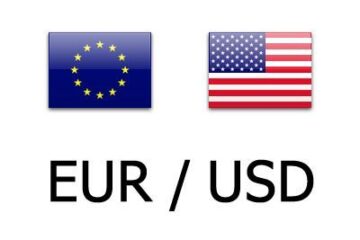About 42 million people are expected to hit the road for the July 4 weekend, according to AAA.
Where there’s a will there’s a way.
Gasoline prices have continued to set records in June as the typically busy summer travel season gets underway.
Gas prices in the U.S. are above $5 per gallon for the first time ever a little over a week after jumping to a record high of $4.67 per gallon.
The national average started the week at $4.87 per gallon before jumping to $5.05 a gallon for regular unleaded gas, according to data from GasBuddy.
There are many reasons for record prices, but the Energy Information Administration says that as of April, 60% of the cost of a gallon of gas was attributable to oil prices. The rest was made up of refining, 17%; marketing and distribution, 11%; and taxes, 12%.
The federal government has stepped in to ease some of the pain.
Last week, President Joe Biden said that he will ask Congress to suspend the federal gas tax for at least three months as his administration looks ease a key component of domestic inflation in the world’s biggest economy.
Despite the pressure American families are facing due to rising gas prices, not to mention inflation on everyday items like food, the July 4 weekend is expected to be one of the busiest it has ever been.
Independence Day Travel
The American Automobile Association expects 47.9 million people will travel 50 miles or more over the Independence Day holiday weekend between Thursday, June 30, and Monday, July 4.
According to the group, this would be a nearly 4% increase over the same period in 2021, and just shy of the travel levels seen pre-pandemic in 2019.
Car travel, specifically, however is one of the surprising modes of travel Americans will use considering the price of a gallon these days.
AAA expects 42 million to hit the road over the weekend.
“The volume of travelers we expect to see over Independence Day is a definite sign that summer travel is kicking into high gear,” said Paula Twidale, senior vice president, AAA Travel.
Car travel volume is expected to break previous records and will be a 1.1% increase over 2019.
“Earlier this year, we started seeing the demand for travel increase and it’s not tapering off. People are ready for a break and despite things costing more, they are finding ways to still take that much needed vacation,” Twidale said.
About 3.55 million are expected to travel by air and 2.42 million are expected to take a bus, train, or cruise to travel.
So what’s driving the increase in car travel? AAA has a theory.
“Traveling by car does provide a level of comfort and flexibility that people may be looking for given the recent challenges with flying,” Twidale said.
Can U.S. Handle Travel Glut?
Overall, this weekend is expected to be the second busiest travel weekend since 2000.
AAA urged travelers to prepare and be flexible in order to reach their destinations as travel, especially air travel, has become unreliable over the past few months.
It has been a bumpy ride for airlines as the industry attempts to get back into a pre-pandemic swing following more than two years of decreased travel.
Air travel has also become less affordable with the average lowest airfare ticket being about $201, a 14% year over year increase.
The price of mid-range hotels are up about 23% with the average lowest nightly rates going for $244.


